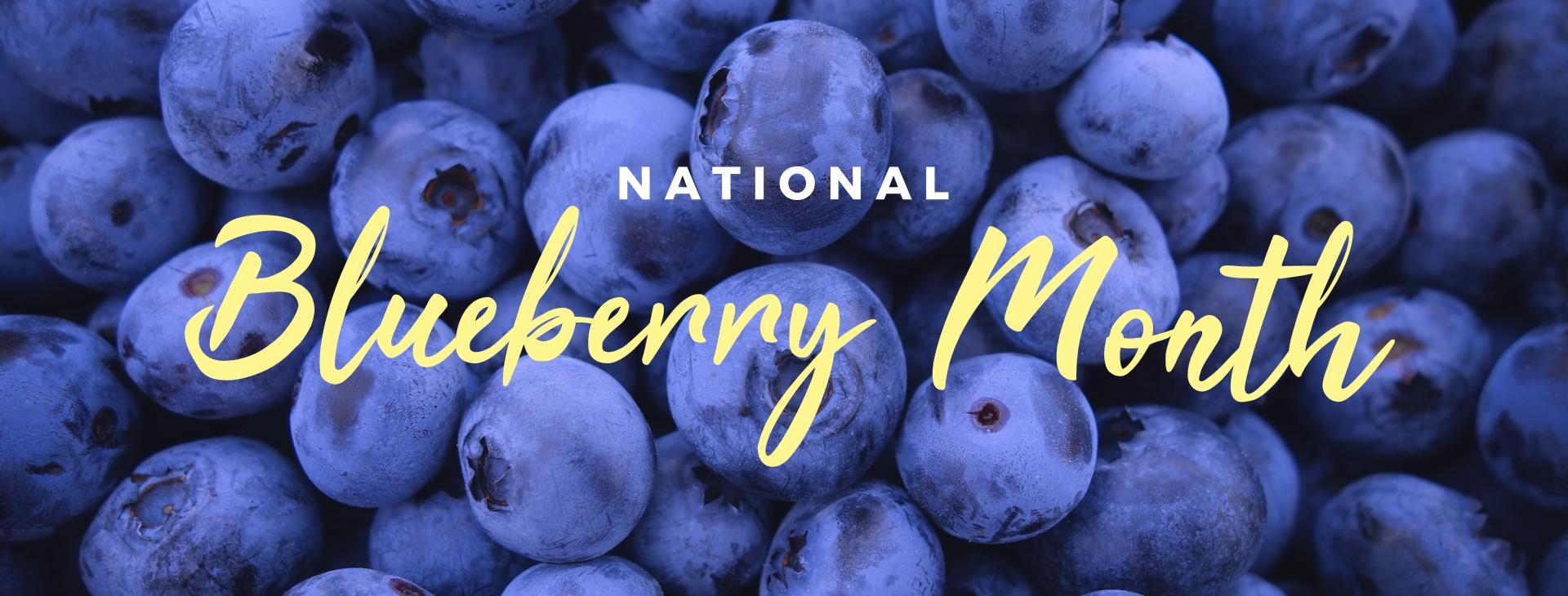July is National Blueberry Month as proclaimed on May 8, 1999 by the United States Department of Agriculture, and to once again recognize the benefit of blueberry we bring you expert opinion regarding the fruit.
Registered Dietitians Whitney English and Alex Caspero
, co-founders of Plant-Based Juniors, an online resource to plant-based prenatal and pediatric nutrition. The Predominantly Plant-Based Pregnancy Guide that covers everything needed for a healthy, thriving plant-based pregnancy.

- Is blueberry intake a result of media hype or have we really understood to fruit benefits and watched its results?
We encourage all clients to consume more fruits, blueberries included! Blueberries have long been valued for their unique anti-inflammatory phytonutrients and they are a good addition to all diets.
- How much blueberry one needs to consume to see health benefits? Have they to be consumed daily?
The general guideline is to get at least 5-7 servings of fruits and vegetables in each day, and that can include blueberries. While blueberries have certain antioxidants, it should also be pointed out that all fruits contain some type of these nutrients and therefore the goal really should be increasing fruit/vegetable intake. The vast majority of American’s don’t get enough- roughly 1 in 10 eat the recommended amount.
- Alternates to blueberry in case of unavailability?
Any berry! Blackberries, raspberries, strawberries are all similar in antioxidant capacity to blueberries.
- Best way to consume blueberries? Raw, cooked, jam or smoothie?
Adding in sugar, like to make a jam, will alter the nutrition of the berry and isn’t our first choice when it comes to eating blueberries. For our Plant-Based Junior Community, we recommend adding blueberries into smoothies, stirring them into oatmeal or eating them plain as a snack!
- How do you go about convincing clients to add blueberry to their diet?
For most clients, the barrier isn’t taste, it’s cost. Therefore, we recommend purchasing blueberries when they are in season and/or frozen. Especially in recipes where the texture doesn’t matter as much, like in cooked berries or smoothies


